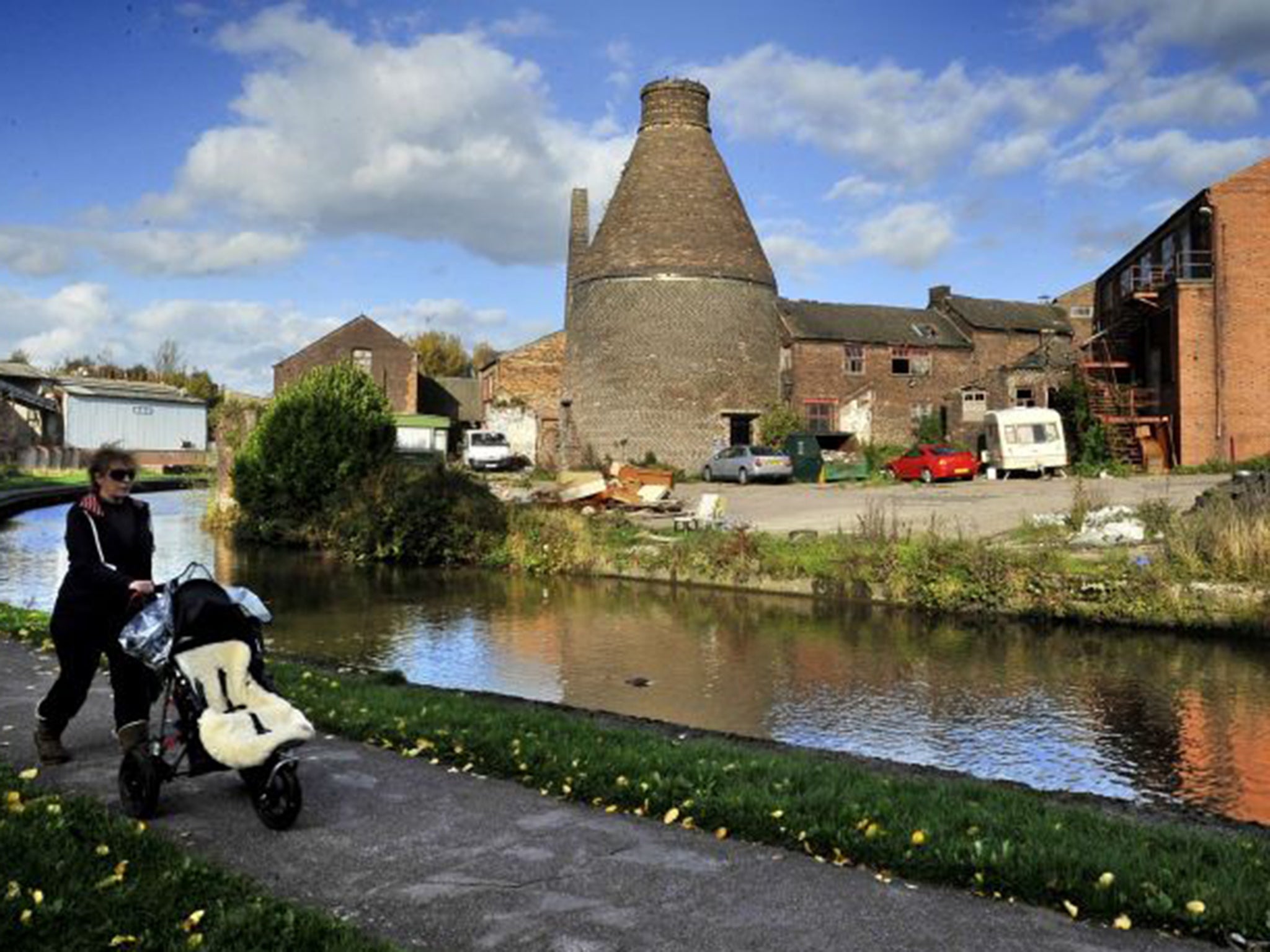Stoke-on-Trent becomes first British city to be classified as 'disaster resilient' by the United Nations
The city council's planning is less about preparing for an unexpected event such as a plane crash or earthquake, but more about dealing with things such as severe cold weather and flooding

Your support helps us to tell the story
From reproductive rights to climate change to Big Tech, The Independent is on the ground when the story is developing. Whether it's investigating the financials of Elon Musk's pro-Trump PAC or producing our latest documentary, 'The A Word', which shines a light on the American women fighting for reproductive rights, we know how important it is to parse out the facts from the messaging.
At such a critical moment in US history, we need reporters on the ground. Your donation allows us to keep sending journalists to speak to both sides of the story.
The Independent is trusted by Americans across the entire political spectrum. And unlike many other quality news outlets, we choose not to lock Americans out of our reporting and analysis with paywalls. We believe quality journalism should be available to everyone, paid for by those who can afford it.
Your support makes all the difference.Since the decline of the potteries there is not much, to put it kindly, that is remarkable about Stoke-on-Trent. But that could be about to change, as it has emerged that the city has become the first in the UK to be classified as "disaster resilient" by the United Nations.
The North Staffordshire conurbation is not exactly on a major earthquake faultline and the nearest active volcano, Mount Vesuvius, is a lava-cooling 1,500 miles away. Nevertheless, council chiefs decided to apply for special status under the UN's International Strategy for Disaster Resilience (UNISDR). In an extraordinary move, it was successful.
The development is included in a government publication on how councils are drawing up civil contingency plans to protect towns and cities from flooding, aviation disaster and terrorism. In the document, Local Authorities' Preparedness for Civil Emergencies: a Good Practice Guide, the Government praises Stoke for its "strong leadership" in disaster resilience.
The disaster-resilient status in theory allows Stoke to apply to the UN for grants – although the likelihood of the city receiving money is small because the lion's share of the money available is targeted at countries classed as "highly vulnerable" including Haiti and Ethiopia.
Some 2,000 cities worldwide have been awarded disaster-resilient status by the UNISDR – many of them in areas prone to flooding, tornadoes, earthquakes and volcanoes. To achieve this status, cities are assessed against a scorecard of 85 criteria including emergency response, infrastructure, environmental impact and scenario planning. Cities that meet about 50 per cent of the criteria can be successful.
Spitak, the Armenian city at the centre of a devastating earthquake in 1988, became the latest place to be awarded disaster-resilient status. Stoke does sit on a dormant volcano two miles below the surface, that could be used in future for geothermal energy to heat the city's homes.
Stoke city council said its disaster resilience was less about preparing for an unexpected event such as a plane crash or earthquake, and more about dealing with things such as severe cold weather and flooding. This year it has spent £160,000 on providing additional day-care services for elderly and vulnerable residents, free wall thermometers to help people determine whether homes are adequately heated and added insulation. The council is also working with the Highways Agency on emergency planning for incident management of the Meir Tunnel.
Council leader Mohammed Pervez said: "Resilience is central to our aim of making Stoke-on-Trent a great place to live and our resilience action plan enables us to work more effectively across traditional service boundaries to help foster greater resilience in our communities. We want to do more proactive work to minimise the risk posed by factors such as disease, climate change and winter weather."
While Stoke may be disaster resilient, it is not criticism proof. This month the council sparked fury for rebranding Christmas "Winterfest".
Join our commenting forum
Join thought-provoking conversations, follow other Independent readers and see their replies
Comments